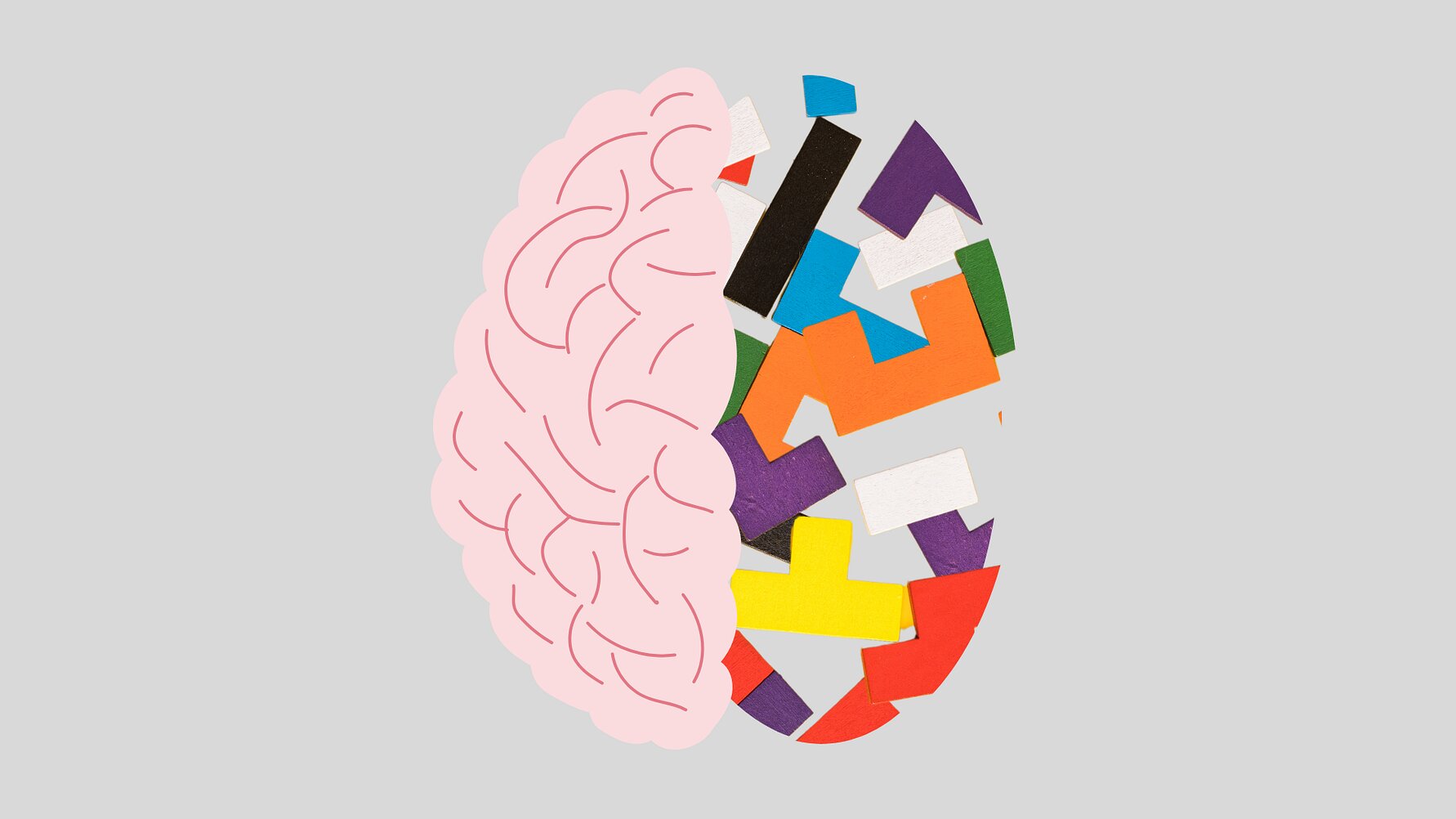
A single treatment session, which includes the video game Tetris, can reduce symptoms of post-traumatic stress disorder (PTSD). This has been shown in a new study carried out with health care professionals working during the COVID-19 pandemic. The study is led by researchers at Uppsala University and is published in BMC Medicine.
“It is possible to reduce the frequency of unpleasant and intrusive memories of trauma, and thereby also alleviate other PTSD symptoms. With just one guided treatment session, we saw positive effects that persisted after five weeks and even six months after treatment.
“Trauma can affect anyone. If this effect can be achieved with an everyday tool that includes video gaming, it could be an accessible way to help many people,” explains Emily Holmes, professor at Uppsala University, who led the study.
The hallmark symptom of PTSD is unpleasant and intrusive memories of a traumatic event in the form of mental images—typically known as flashbacks. Other symptoms may include avoidance, excessive tension and problems such as difficulty sleeping and concentrating.
Holmes and her colleagues have been researching how to prevent PTSD for a long time. In the current study, the researchers focused on getting rid of flashbacks. By replacing intrusive memories using a visual task, other PTSD symptoms can also be reduced.
Mental rotation using Tetris
The treatment is based on what is known as mental rotation, which lies at the heart of Tetris. When you look at an object from one angle, you can imagine what it would look like if it were rotated to a different position and could be seen from a different angle.
The study involved 164 participants. All participants monitored their intrusive memories of trauma for a week. After that they were randomized to one of two conditions. Half the group were asked to play Tetris with mental rotation. The other half, the control group, was given a non-visual task: listening to the radio.
All participants kept a diary about their flashbacks. At the start of the study, participants were experiencing an average of 15 flashbacks a week. At a five-week follow-up, participants in the control group had an average of five episodes a week, but those in the gaming group had an average of just one.
At a follow-up six months after treatment, participants in the gaming group had less severe symptoms of PTSD. In an assessment using a recognized questionnaire (PCL-5) often used to assess all PTSD symptoms, the gaming group experienced around half as many as problems as the control group.
“It was surprising to us that the treatment method was so effective and that the improvement in symptoms lasted for six months. I realize that it may seem unlikely that such a short intervention, which includes video games but doesn’t include an in-depth discussion of trauma with a therapist, could help.
“But the study provides scientifically controlled evidence that a single guided digital treatment session can reduce the number of intrusive memories, and that it can be used safely by participants,” she continues.
“My vision is that one day we will be able to provide a tool for people such as health care professionals after traumatic events to help prevent and treat early PTSD symptoms, that is a ‘cognitive vaccine’, in a similar way that we currently vaccinate against some infectious physical diseases,” explains Holmes.
More information:
Marie Kanstrup et al, A guided single session intervention to reduce intrusive memories of work-related trauma: a randomised controlled trial with healthcare workers in the COVID-19 pandemic, BMC Medicine (2024). DOI: 10.1186/s12916-024-03569-8
Citation:
PTSD symptoms can be reduced through a single treatment session that includes Tetris, new study finds (2024, September 20)
retrieved 21 September 2024
from https://medicalxpress.com/news/2024-09-ptsd-symptoms-treatment-session-tetris.html
This document is subject to copyright. Apart from any fair dealing for the purpose of private study or research, no
part may be reproduced without the written permission. The content is provided for information purposes only.

